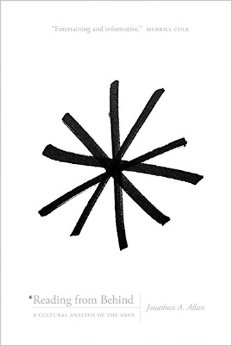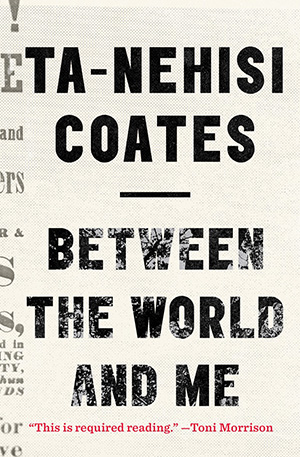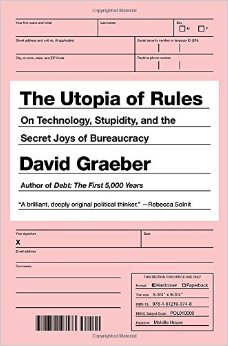White Elephant – Mako Idemitsu
It’s Japanese, obviously, but, this character is too close. Too much home. Too much — ugh, if I say she’s too much like me I’ll sound like I don’t know how to read books.
Normalizing trauma only hurts us.
Reading From Behind – Jonathan A. Allan
Women, in READING FROM BEHIND, exist as oft-quoted scholars, but never as the sexual, multi-orificed and full-bodied humans that men are allowed to be.
OBLIVION’s task is a vital one: to recover Russia’s collectively repressed memories of the prison labor camps under Stalin.
The book is, at its core, an argument, even a challenge: to bypass a country’s literature is to also ignore its history, its people, its love and its pain, and to care about them is to read them.
Between the World and Me – Ta-Nehisi Coates
Ta-Nehisi Coates does not write to blunt edges. He writes so that it might be possible to slice away the protective illusions that obscure the brutal reality of blackness in America.
I never felt comfortable in groups of kids that I was told were “like me,” born disabled. Like Dolezal, I insisted that what you could see of my body was contrary to who I actually was.
Trauma survivors are not unsafe when someone undermines their subjective notions of reality. They’re unsafe when they can only trust those who confirm what they already believe.
The Utopia of Rules – David Graeber
This book of essays stands out less for the questions it asks, than for the assumptions that it refuses to question.
Making ourselves, and each other, stronger, will not be achieved by identity politics, because identity politics are concerned with what’s already there, not what could be.










